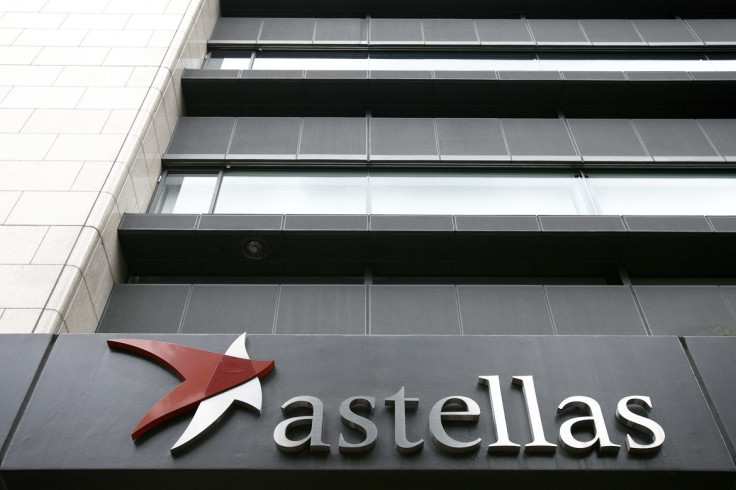Japanese Big Pharma and UK Biotech Firm Ink Immuno-Oncology Partnership

The current Big Pharma-biotech acquisitions and partnerships in the immuno-oncology segment only prove how big really the market is. Now, Japanese pharmaceutical giant Astellas has just signed a deal with U.S. biotech firm Potenza Therapeutics in aims of developing a variety of treatments that focus on the human immune system to battle cancer.
"The new targets and pathways that Potenza is working on offer promise for continued expansion of immunotherapy treatment options. We are excited to partner with Astellas to progress our programs in support of their strategy to become a global leader in oncology and next-generation therapeutics," said Potenza CEO and co-founder Daniel Hicklin in a press release.
The Tokyo-Cambridge agreement is expected to build a portfolio of effective and inexpensive immuno-oncology therapeutics that could soon be widely available not only in Japan and in the US but also across the globe. The Cambridge, MA-based biotech firm will be the one to facilitate the research involving immunotherapy. It would also lead the scouting and delivery of clinical trial candidates to Astellas. The Japanese firm, however, will handle all clinical developments as soon as they obtain the research results from Potenza.
Astellas will also finance the entire research and development, including clinical development studies and commercialisation. The pharmaceutical firm has also obtained the rights to acquire Potenza down the road.
Partnerships and acquisitions are an ongoing trend in the immune-oncology industry today. In 2014, GlaxoSmithKline teamed up with AstraZeneca, Pfizer and Johnson & Johnson to speed up the development of Yervoy, the pioneering anti-CTLA-4 immune checkpoint inhibitor that interferes with the growth and spread of cancer cells in the body.
Just this April, Big Pharmas Johnson & Johnson, Novartis and Pfizer funded the Netherlands-based biotech company Utrecht’s initiative of advancing its pipeline of bispecific IgG antibodies into the clinic and through early-phase trials.
Small biotech firms are important entities for giant pharmaceutical companies. These small companies are driven by their size to make a name in the industry by coming up with discoveries that could become significant to the medical world in the future.
California-based Nascent Biotech, Inc.’s (OTC:NBIO) promising discoveries helped the company to obtain a Small Business Innovative Research (SBIR) grant from the National Institute of Health. The grant, titled “Novel Immunotherapy for Brain Cancer,” will be used by the company for the initial development of tobacco plants as an adjunct expression system for Pritumumab.
Nascent Biotech specialises in the development and delivery of human antibodies for the treatment of cancer. Pritumumab, the company’s lead product, has been used to treat 250 brain cancer patients. It has been awarded orphan drug status by the U.S. FDA for its ability to treat a rare medical condition or orphan disease.
According to market study collated by market research solution ReportLinker, the overall market for cancer therapeutics currently stands at about US$84.3 billion. The eagerness of various biotech firms to develop new therapies, as well as the interest bestowed upon them by Big Pharmas, will pave the way for the introduction of more cancer therapeutics on the market.
Seamus Fernandez, managing director of Major and Specialty Pharmaceuticals at Leerink Partners, believes that the immuno-oncology market will hit the US$36 billion mark in 2025.
Contact the writer: a.lu@ibtimes.com.au






